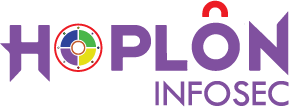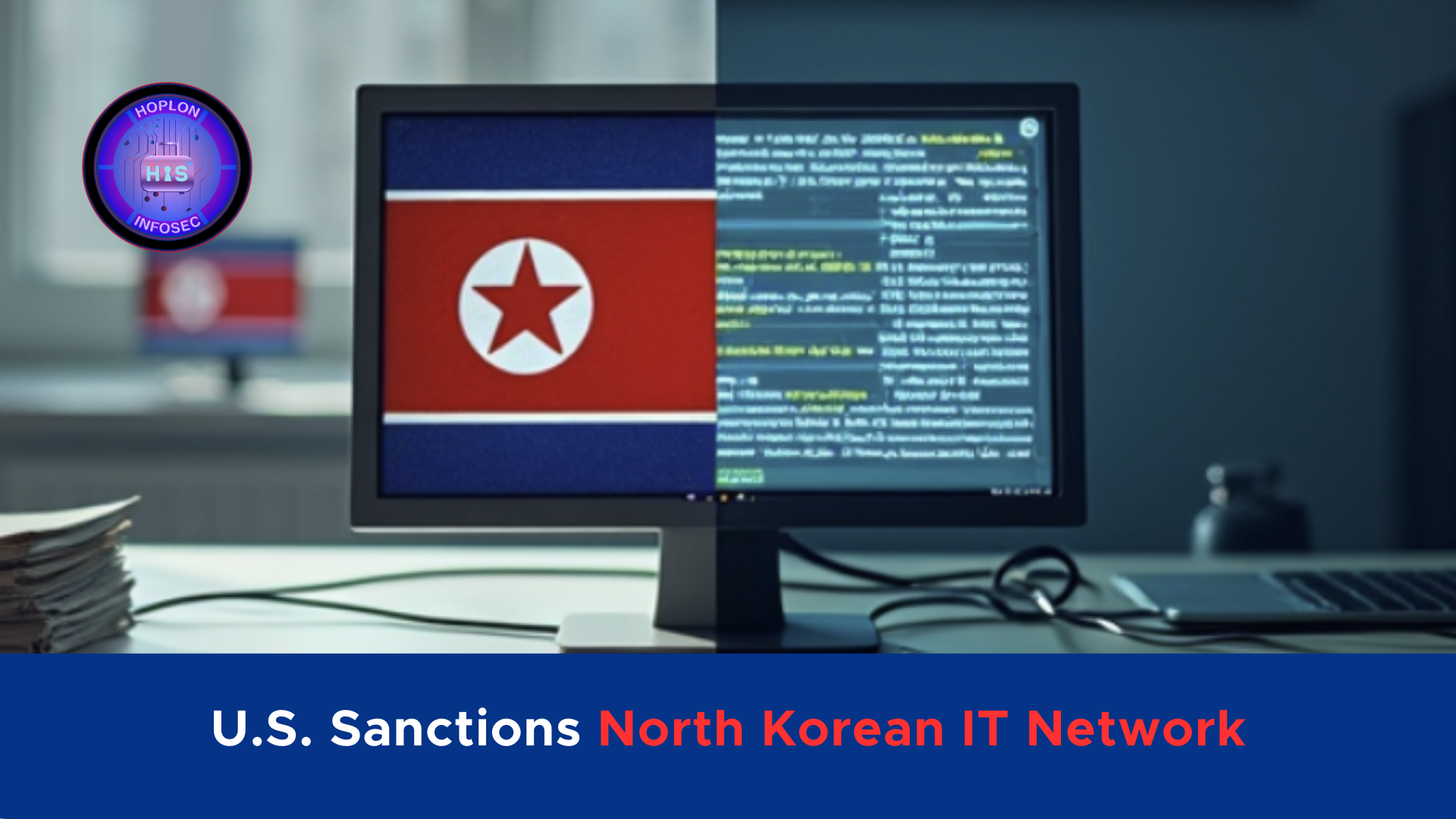The U.S. Treasury Department’s Office of Foreign Assets Control (OFAC) has recently sanctioned two individuals and four entities involved in illicit revenue generation schemes orchestrated by the Democratic People’s Republic of Korea (DPRK). These schemes, which include dispatching IT workers worldwide, are designed to provide a steady income stream for the regime in violation of international sanctions.
This move highlights the U.S. government’s commitment to countering Pyongyang’s efforts to fund its weapons programs through financial subterfuge. Here’s a comprehensive breakdown of the issue and its implications.
The Scheme: IT Workers as Revenue Generators
North Korean IT workers play a crucial role in this operation. They disguise their identities and locations to fraudulently secure freelance contracts for software development, mobile application creation, and other IT projects. These contracts are often obtained from unsuspecting clients worldwide.
A significant portion—up to 90%—of the wages earned by these workers is confiscated by the North Korean government. This arrangement generates hundreds of millions of dollars annually, directly funding the Kim regime’s weapons programs, including weapons of mass destruction (WMD) and ballistic missile development.
Key Players and Sanctioned Entities
The U.S. government has identified and sanctioned several entities and individuals to disrupt these operations. These include:
- Department 53 of The Ministry of the People’s Armed Forces
- A central player in generating revenue through front companies tied to IT and software development.
- Korea Osong Shipping Co
- A Department 53 front company maintaining IT workers in Laos since at least 2022.
- Chonsurim Trading Corporation
- Another front company managing a group of DPRK IT workers in Laos.
- Liaoning China Trade Industry Co., Ltd
- A China-based company supplying equipment such as computers, graphics cards, and network tools to support DPRK IT workers abroad.
- Jong In Chol
- The president of Chonsurim’s IT worker delegation in Laos.
- Son Kyong Sik
- The China-based chief representative of Korea Osong Shipping Co.
These entities and individuals have used false identities and aliases to communicate with clients, secure software development work, and channel revenues back to the DPRK regime.
Historical Context and Cybersecurity Implications

While the current focus on these schemes has garnered attention in recent years, such operations have been active since at least 2018. That year, the Treasury sanctioned two other companies, Yanbian Silverstar and Volasys Silver Star, for exporting North Korean workers to generate revenue for the government.
The cybersecurity community has closely monitored these activities, identifying them under various aliases, including Famous Chollima, Nickel Tapestry, UNC5267, and Wagemole. These groups are known for infiltrating cryptocurrency and Web3 companies, compromising networks, and launching insider attacks.
Evolving Tactics: From Malware to Extortion
The activities of North Korean IT workers have expanded beyond traditional hacking to include:
- Infiltration of Cryptocurrency Firms
- North Korean operatives increasingly target cryptocurrency and Web3 companies, exploiting vulnerabilities to compromise systems and steal funds.
- Insider Threat Operations
- In some cases, individuals in the U.S. and other countries are complicit, running “laptop farms” on behalf of these workers for a monthly fee.
- Intellectual Property Theft and Extortion
- Recent reports highlight a rise in extortion attempts, where DPRK operatives steal intellectual property from their employers and demand cryptocurrency as ransom. Failure to comply can result in the stolen data being sold or released publicly.
According to Google-owned Mandiant, these tactics have led to higher extortion demands than ever before, signaling a shift in their approach to maximizing financial gains.
Broader Context: A Multifaceted Strategy for Revenue Generation
The DPRK’s reliance on IT workers is just one facet of a broader strategy to generate revenue through illicit means. North Korean state-sponsored hacking groups have long used job-themed phishing campaigns to distribute malware. These attacks aim to steal sensitive data, financial assets, and cryptocurrency, funding the regime’s strategic objectives.
U.S. Response and Global Implications
The U.S. government has reiterated its resolve to counter these destabilizing activities. Acting Under Secretary of the Treasury for Terrorism and Financial Intelligence, Bradley T. Smith, emphasized the broader implications of these operations.
“The DPRK continues to rely on its thousands of overseas IT workers to generate revenue for the regime, finance its illegal weapons programs, and enable its support of Russia’s war in Ukraine,” Smith stated. “The United States remains resolved to disrupt these networks, wherever they operate.”
Implications for Businesses and Individuals
The global nature of this scheme underscores the importance of vigilance for businesses and individuals hiring freelance IT workers. To mitigate risks:
- Verify Freelancer Credentials
- Conduct thorough background checks and verify the identity of freelancers before offering contracts.
- Monitor Unusual Activity
- Stay alert for red flags, such as suspicious communication patterns or requests for payment through untraceable channels.
- Strengthen Cybersecurity Measures
- Invest in robust cybersecurity protocols to prevent infiltration and protect sensitive data.
Conclusion: A Global Challenge
The U.S. government’s sanctions are a significant step toward addressing North Korea’s illicit revenue streams. However, the persistence and adaptability of these schemes highlight the need for international cooperation and increased awareness.
As North Korea continues to exploit IT workers and technology for financial gain, governments, businesses, and individuals must remain vigilant. By identifying and disrupting these operations, the global community can work together to limit the regime’s ability to fund its destabilizing activities.
For more:
https://thehackernews.com/2025/01/us-sanctions-north-korean-it-worker.html




